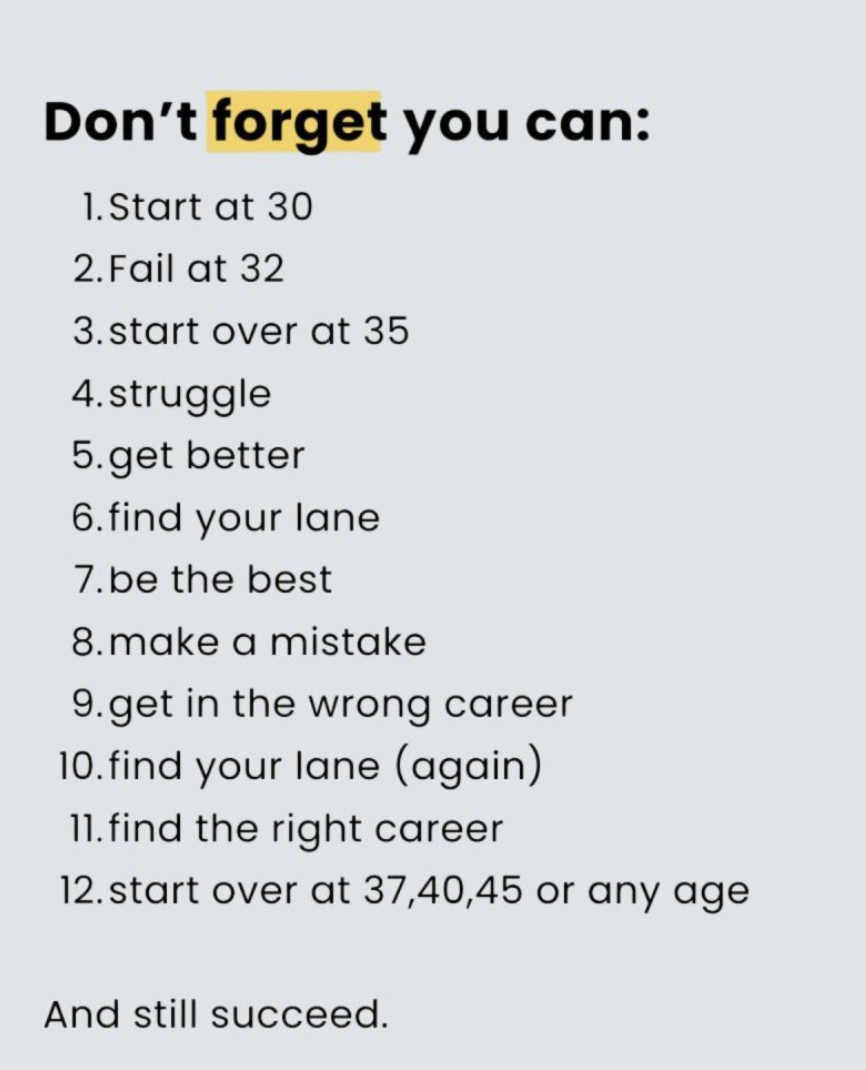The One Practice That Transforms Good Leaders into Great Ones
Shifting out of Autopilot
“Follow effective action with quiet reflection. From the quiet reflection will come even more effective action.” — Peter Drucker
In the push to hit the next milestone, launch the next initiative, or solve the next problem, it’s easy to skip the one practice that can radically accelerate your growth: Reflection.
But let’s be honest most leaders don’t reflect, they react. They solve, they ship, they sprint. But the true edge? It comes from pressing pause.
Reflection isn’t a soft skill. It’s a force multiplier. It’s where real insight is born. It’s how we stop leading on autopilot and start leading with intention.
Why Reflection Is a Leadership Superpower
Reflection is not about navel-gazing. It’s about refining your thinking, expanding your awareness, and recalibrating your direction. In high-performing teams, it’s also how cultures evolve from doing to becoming.
Without reflection:
We repeat old patterns.
We miss the why behind wins (or failures).
We default to activity over impact.
With it, we gain:
Clarity on what’s working and what’s not.
Greater emotional intelligence.
A stronger sense of purpose and direction.
“We do not learn from experience… we learn from reflecting on experience.” — John Dewey
3 Simple Ways to Start Practicing Reflection
1. Set a Weekly Debrief Ritual: Block 30 minutes on Fridays to ask yourself:
What went well?
What felt hard and why?
What do I want to do differently next week?
(Use a journal or voice notes. What matters is honesty, not perfection.)
2. Pause After Every Key Milestone: Before jumping to the next big thing, reflect:
What did we learn?
What surprised us?
What can we carry forward?
3. Name Your Growth Edges: Reflection isn’t only about the past. Ask:
Where am I being called to grow right now?
What am I avoiding that I need to face?
“Before you are a leader, success is all about growing yourself. When you become a leader, success is all about growing others.” — Jack Welch
Try This With Your Team
1. Kick Off Team Meetings with a Reflection Prompt
“What’s one thing we learned last week?”
“What’s one small win we want to acknowledge?”
2. Monthly Team Retrospectives: Create space for collective insight no blaming, just learning.
3. Make It Safe to Reflect Honestly: Model it. Be the first to share what you learned, messed up, or would do differently. Vulnerability fuels reflection.
Final Thought
Reflection isn’t a luxury. It’s a discipline one that builds emotional resilience, strategic clarity, and leadership presence.
So this week, before you charge ahead… pause. Reflect. Grow.
If this resonated, forward it to a fellow leader and tell them what question you’re reflecting on this week.
Want more reflection prompts and leadership tools delivered weekly? Subscribe here.
“A moment of reflection is worth an hour of reaction.”
Resources to Dive Deeper
Ready to ditch the "check-out" mentality and embrace true delegation? Here are some resources to fuel your journey:
Book: The 15 Commitments of Conscious Leadership by Jim Dethmer
Podcast: Coaching for Leaders – Episodes on leadership self-awareness
Article: McKinsey on the Value of Reflection
Book of the Month: The Big Leap by Gay Hendricks
This month's pick is a must-read for any leader ready to break through self-imposed limits and step into their Zone of Genius.
Why we love it:
The Big Leap helps you identify the hidden beliefs that quietly cap your success — and gives you the tools to expand beyond them. It’s equal parts mindset shift and practical strategy.
Why every leader should read it:
If you’ve ever felt like you’re holding yourself back (even at your peak), this book will show you why — and how to stop. It’s a powerful guide to making lasting change from the inside out.
Bottom line: This one’s a game changer.
Consider how many different pieces of content you see in any given week. See something that resonates with you? Share it with us to feature it in our Social Media of the Week section.
“Reflection turns experience into insight. Without it, we move—but we don’t grow.”
— John C. Maxwell









